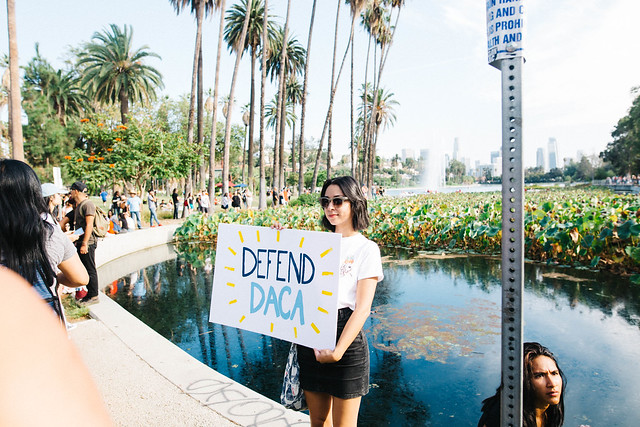In this blog post we share with you some breaking news for green card applicants applying for adjustment of status on Form I-485, as well as those applying for immigrant visas from abroad.
As part of the green card process, USCIS and the Department of State require applicants to undergo a medical examination with a doctor designated as a civil surgeon, to establish that the applicant is not inadmissible to the United States on public health grounds.
According to new guidelines released by the Centers for Disease Control, beginning October 1, 2021, green card applicants will now be required to establish that they have received a complete COVID-19 vaccine series, in order to be deemed eligible for permanent residence. Following the release of this new guidance, COVID-19 was added to the list of vaccinations required of those seeking U.S. lawful permanent residence.
The new vaccine requirement will apply to routine medical examinations necessary for both adjustment of status applicants applying for green cards in the United States and immigrant visa applicants applying at U.S. embassies and consulates abroad.
Who must take the COVID-19 vaccine?
All applicants (1) applying for I-485 adjustment of status (a green card) or (2) those applying for an immigrant visa abroad, who will receive their medical examination from a Civil Surgeon or Panel Physician on or after October 1, 2021, will be subject to this requirement and are encouraged to complete a COVID-19 vaccine series as soon as possible.
Eligible applicants must complete the COVID-19 vaccine series if a COVID-19 vaccine listed for emergency use by the World Health Organization (WHO) or licensed or authorized for emergency use by the U.S. Food and Drug Administration (FDA) is available to the applicant in the country where the medical examination is conducted.
How can I show that I have met the vaccine requirement?
Applicants must complete the COVID-19 vaccine series and provide documentation of vaccination to the civil surgeon in person before completion of the medical examination. The COVID-19 vaccination requirement will differ from previous requirements in that the entire vaccine series (1 or 2 doses depending on formulation) must be completed in addition to the other routinely required vaccines.
How long will the COVID-19 vaccine requirement be in place?
These COVID-19 vaccine requirement will be in place until the CDC determines the vaccine is no longer needed to prevent the importation and spread of COVID-19.
 Visa Lawyer Blog
Visa Lawyer Blog











